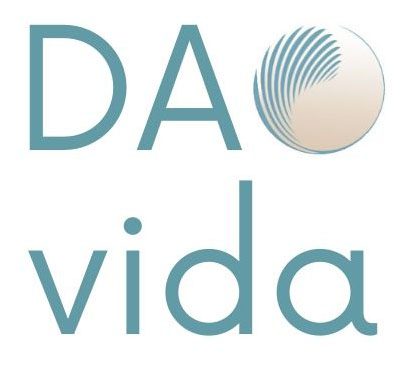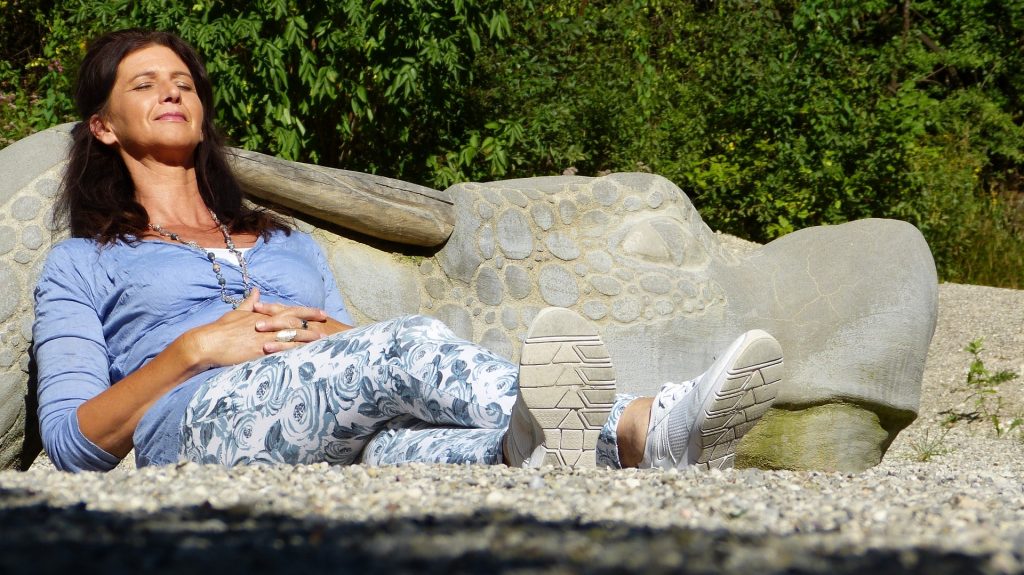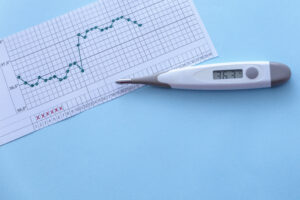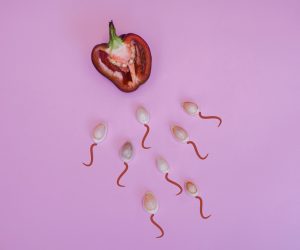When most people say “menopause,” they mean more than the end of a woman’s reproductive years, and more, even, than just the accompanying hormonal changes. They often imply at the flurry of unpleasant symptoms thought to accompany those changes, from hot flashes to night sweats, sleeplessness, vaginal dryness, low sex drive or psychological problems like “irritability”.
This bleak view of menopause is unique to modern societies. In the – now rare – cultures with minimal exposure to modernization, the idea that the end of a woman’s reproductive years will be accompanied by a collection of unpleasant symptoms is hard to find. The concept of menopausal syndrome is also absent, for the most part, from the medical texts of the premodern world. There was no equivalent of the modern “menopause” and they had no word for it, although they knew that menstruation ended around age 50 and wrote extensively about other topics in women’s medicine.
Classical Chinese medicine also contains no equivalent for menopausal syndrome. Interestingly, Chinese Medicine views the menopause as a woman’s “second Spring”, reflecting the newfound life that is possible for her as she enters a stage where she is able to begin to move her energies away from nurturing others and finally direct them towards nurturing herself. The link between this phase of life and acupuncture goes back centuries and reflects the ancient Chinese approach to the celebration of life and, in particular, the three stages of womanhood.
Physiologically, the “Change”, as it is often called the media, is the process of oestrogen levels rising and falling erratically as a woman’s hormonal physiology reconfigures itself to a structure no longer revolving around the biological imperative to procreate. It is when the body struggles to adjust to the declining levels of hormones (viewed as a decline of Yin in Chinese medicine) that the distressing physiological and emotional symptoms of menopause begin to manifest themselves.
Chinese medicine, including acupuncture, excels at helping the body adjust to changes, and can be a very effective way to manage the symptoms associated with menopause. In addition, it is usually highly relaxing and by nature of being holistic treatment can often address other underlying health issues.
By virtue of being a holistic approach, alongside acupuncture treatment we often assess a number of other lifestyle factors that may affect your health, from diet, sleep, exercise, to trauma or environmental factors. A premise of Classical acupuncture is that the body always tends towards balance and healing, and many pathologies stem from the body failing to maintain this equilibrium (because it lacks the resources, or an imbalance is too strong to correct itself, leading to other systems going off kilter too). By giving a helping hand in restoring balance, acupuncture can help women live a happy and healthy menopause, and who knows, get a sense of that “Second Spring”.
If you would like to find out more about issues that can be treated and managed with acupuncture, feel free to contact us for an informal and confidential chat.




